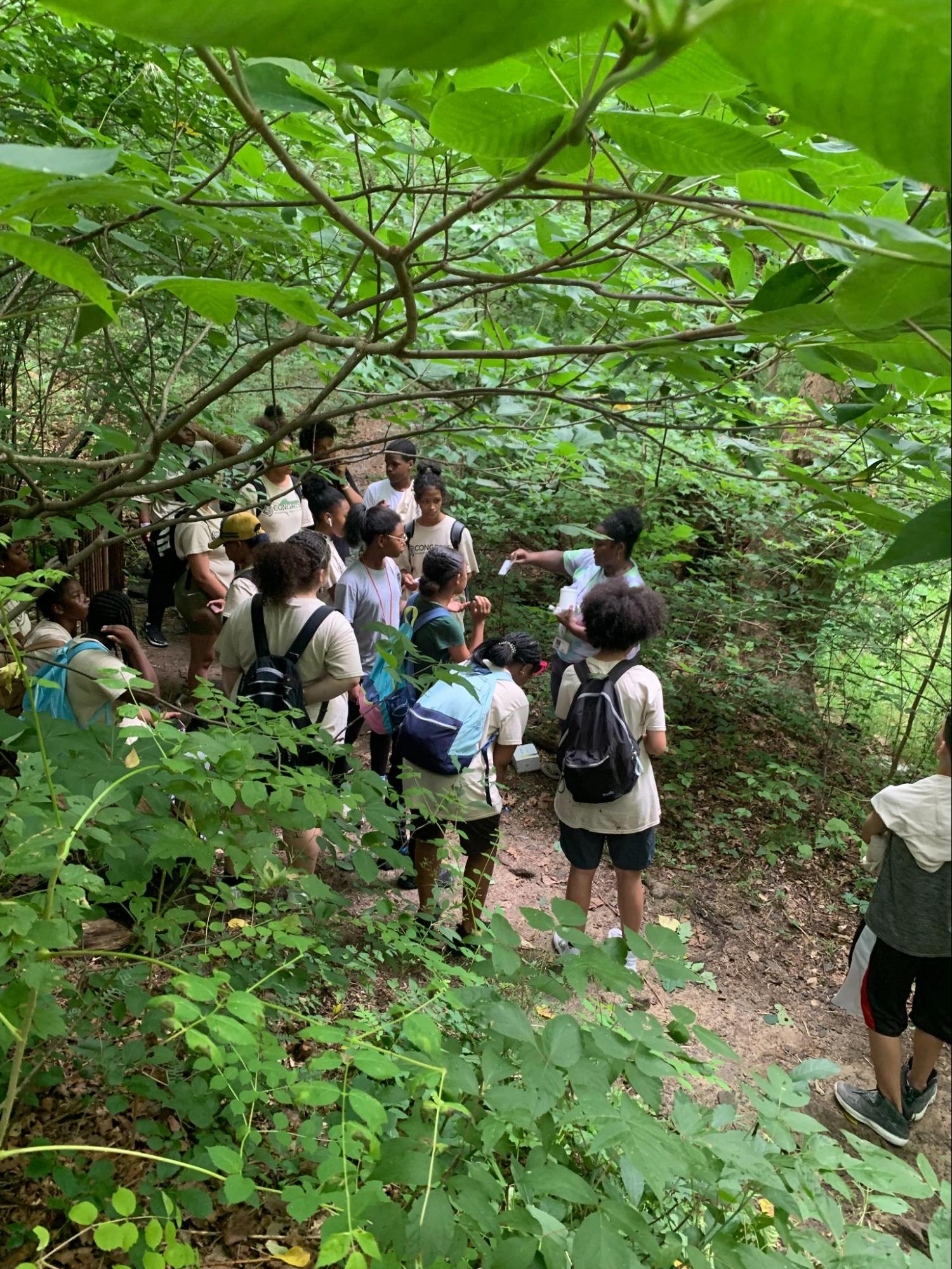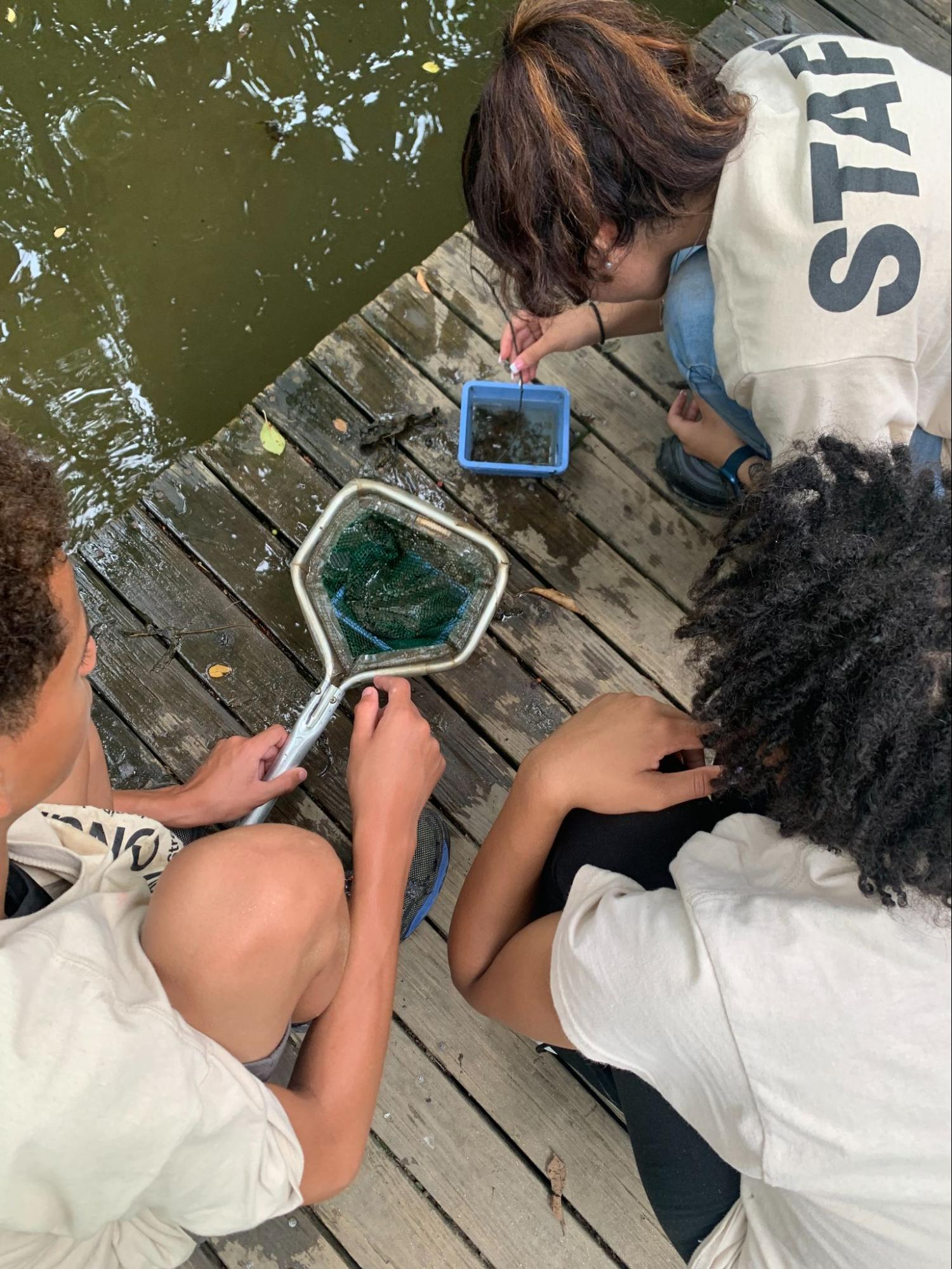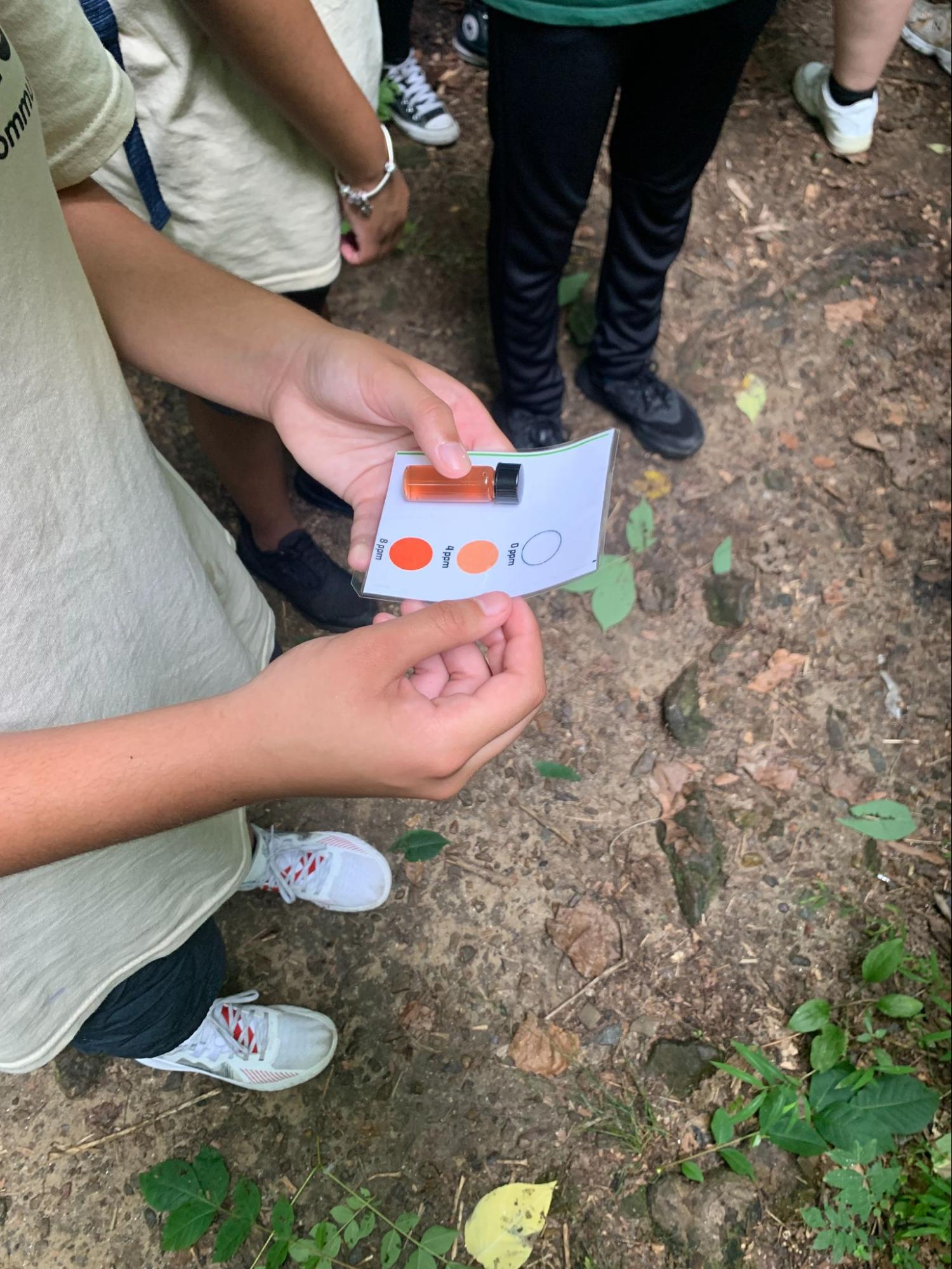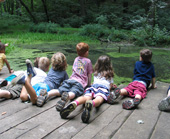
Forest Free PlayA unique chance to explore our pine grove forest, build nature forts, climb trees, and much more. *This program is offered as a half-day only.* It can be combined with another half-day program or implemented as a standalone half-day program. Climate Change and Sustainability ProgramSchuylkill Center educators deliver a unique interactive lesson teaching students about the various aspects of climate change. Our goal is to empower future generations to make sustainable choices in their daily lives. Aquatic Ecology & Water QualityLearn about watersheds and the impact of human activity on our waterways, examine stream critters under a microscope, and conduct pollution experiments. Students also conduct a water quality assessment at a pond or stream. Ecosystems & AdaptationsEvery species has a unique set of characteristics that enables it to survive in its habitat. Students learn how the environment influences a species’ physical features and behavior through the process of natural selection. Art & ScienceEnhance your students; understanding of the natural world through art. Students will interpret natural science learning during their field explorations into an art project that they can take home. BiodiversityLearn the methods scientists use to measure biodiversity and why it is vital to the health of the environment and the quality of human life. Wetlands Ecology (March – November)Students will discover the importance of wetlands as they experience firsthand the features and functions of wetlands. Incredible Insects (April – November)Learn about the physical features and behaviors of insects that inhabit the forest, ponds, and fields. Seeds to Trees to Soil (March – November)Trees are vital to our environment, absorbing carbon dioxide, cooling the earth, and providing important animal habitat. Students focus on the forest ecosystem and the life cycle of trees. Soil: Digging Deeper (March – November)Students will get their hands dirty while studying soil, the nutrients that cycle through it, and its relationship to plants. Photo Credits: Margaret Clarkson


|

|